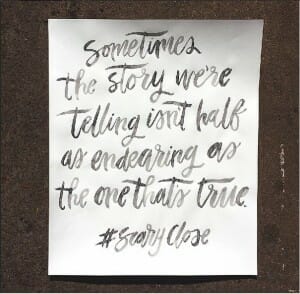The fool doth think he is wise, but the wise man knows himself to be
a fool.
-Touchstone, As You Like It, V.1.2217
 Hope you have a happy April Fool’s Day! In Shakespeare’s plays, fools are the great communicators. They manage to say what no one else has the courage or the insight to say. They get heard when men of sense get ignored.
Hope you have a happy April Fool’s Day! In Shakespeare’s plays, fools are the great communicators. They manage to say what no one else has the courage or the insight to say. They get heard when men of sense get ignored.
- The fools can say what they want because they have official positions at court. What is your position with your audience? Do they welcome what you have to say?
- The fools are truth tellers, fearlessly making fun of one and all. Do your audiences know they can count on you for the truth?
- The fools keep an eye out for when they are tiring their listeners. Do you know when your audience is ready to hear from you?
- The fools use humor and unexpected turns of the phrase to win their masters’ attention. Take another look at your writing. Are you always serious? Can people predict what you’re going to say before they open the letter or the post? Or are you surprising and delighting them with your communications?
Better a witty fool than a foolish wit.
-Feste, Twelfth Night, I.5.328

